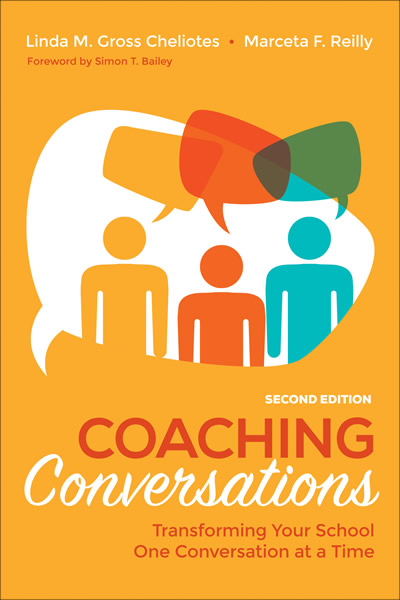 Rules and routines are important in all areas of our lives. They set boundaries for our actions and let people know what our expectations are.
Rules and routines are important in all areas of our lives. They set boundaries for our actions and let people know what our expectations are.
Rebecca Alber, a Consulting Online Editor for Edutopia, wrote an interesting back-to-school article about rules and routines for students http://dlvr.it/C3DWmw Rebecca’s ideas are also very applicable for the rules and routines we set for the adults in our workplaces. She said: “Rules have consequences, and routines have reminders.”
That is a good axiom to a follow when making our workplace rules as well. Rules result in consequences while routines result in conversations. For example, if timeliness is important to you, then think through whether you want to handle it as a rule or a routine.
If “Be to work by 7:45 AM” is the rule, then the very first time a staff member is late, the issue must be addressed. The consequences could be to give a first warning, leading to a second warning, and a disciplenary note in the evaluation file for each subsequent violation.
On the other hand, maybe you would you rather handle it as a routine in which you emphasize many variations. The expectation is to arrive no later than 7:45. If a family emergency comes up or you are caught in traffic, let the office know your expected arrival time. If you over slept or are just having trouble getting in gear, then expect to spend extra time after school to make up the lost time at the beginning of the day. If this becomes a pattern of three or more times, then expect a disciplinary note in your file.
So as leaders, a good routine is to think through your rules carefully. What are your beliefs about professional behavior? Make your rules about things you really believe are essential to the workplace. Don’t make a rule when a routine is really how you want to handle a situation.
Be selective. Choose just a small number of rules to enforce and make sure you follow through on the consequences each time it is broken. Leave everything else to routines which can allow for different ways to handle different variations of the situation.
What rules would you would create for your staff?









Comments on this entry are closed.